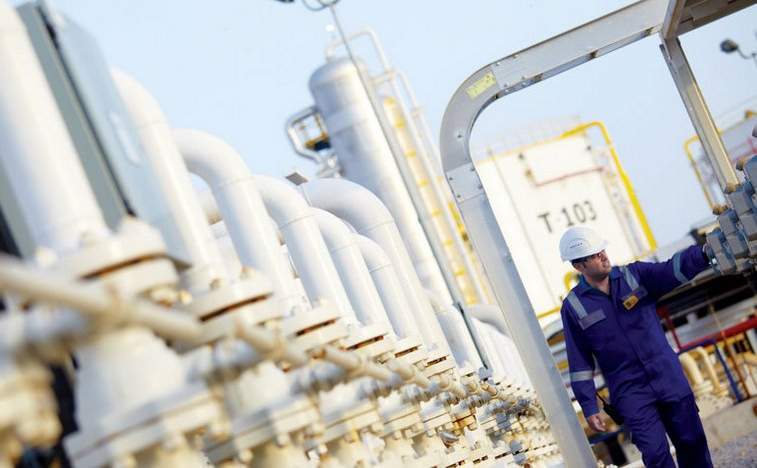Valeura Energy chases big prize in Turkey as West seeks gas alternatives

A C$60mln fund raise last year to help develop the field was heavily backed by UK institutions.
Energy security is a sensitive topic in Europe. Too much dependence on Russian imports has made Western politicians twitchy.
That makes Valeura Energy Inc’s (TSX:VLE) plan to develop a potentially huge new deep gas field in Turkey looks very well-timed.
Indeed, a C$60mln fund raise last year to help develop the field was heavily backed by UK institutions says chief executive Sean Guest.
In view of that perhaps it’s not surprising that Valeura intends to list in London in a few months.
That should coincide with the results of a second development well, Devepinar-1, at its Thrace basin acreage known as BCGA.
Valeura already has producing assets in the basin, but Guest says the company’s attention is focused on the three deep-well programme at Thrace.
Devepinar-1 is 20Km from the programme’s first well, Inanli-1, which hit a huge 1,600m gas column and demonstrated overpressured gas down to 4,900 metres,
The main partner in the deep resources assets at Thrace is Equinor, the former Statoil, which has a 50% stake compared to the Canadian company’s 31.5% and Pinnacle’s 18.5%.
Valeura is operator, however, and importantly owns the infrastructure in the region so rather being flared off, any gas that flows up during the drilling can be sent by pipe to be sold.
Vast gas column
Estimates currently are that there might be as much as 10trn cubic feet of gas in place in the deep Thrace Basin or enough for up to 40 years production.
Fracking tests are now underway at the first hole, Inanli-1, to demonstrate the gas discovered there is commercial.
Costs for this testing will be carried by Equinor with thier completion to fulfill the earning obligations under the (Banarli) farm-in agreement.
Devepinar-1 and the third well will test the lateral extent of the BCGA play to the western side of the basin.
Guest says that drilling has gone well and it will sit down shortly with Equinor to decide where the final well goes.
Gas shortage
Turkey is very short of gas, he adds, so netbacks (income after costs, transportation, royalties) from any hydrocarbons produced are good.
Valeura already has some producing assets in the country, which were running at the equivalent of 777 barrels per day at the end of 2018.
Received gas prices were C$9 per mcf (million cubic feet) in its latest quarter or the equivalent of C$32.48 per barrel, a 37% rise on the previous year, while for the whole year the netback was C$25.79.
Due to the high lvel of imports, the regional price of gas is what you get in Turkey, he says.
Valeura will have to pay its share of the US$25mln costs of Devepinar-1 and the next well on a pro-rata basis, but it had nearly all of its C$60mln fund raise available at the year end.
Guest adds that the first well in a programme is usually the most expensive as that’s when a lot of different techniques are tested during the coring.
Well-funded
More vertical wells are possible to determine the full extent of the BCGA but he sees Valeura as well-funded until 2020, when the consortium partners will decide on the next phase of development.
That might see an early development phase to genrate cashflow from the most accessible and commercial opportunities.
The Toronto-listed shares spiked higher when Valeura released estimates of the potential of BCGA early tn 2018, but have eased back as the development drilling has got underway.
Now at C$2.62 per share, Valuera is worth about C$227mln (£132mln), which looks way short of the underlying value if even a modest amount of the gas in place is proved to be commercial.
Valeura will keep its Toronto listing, but the focus will be Europe and given the pressing need for an alternative to Russian gas both in Turkey and elsewhere having a quote in London should do no harm when the results of the next development drill come through.